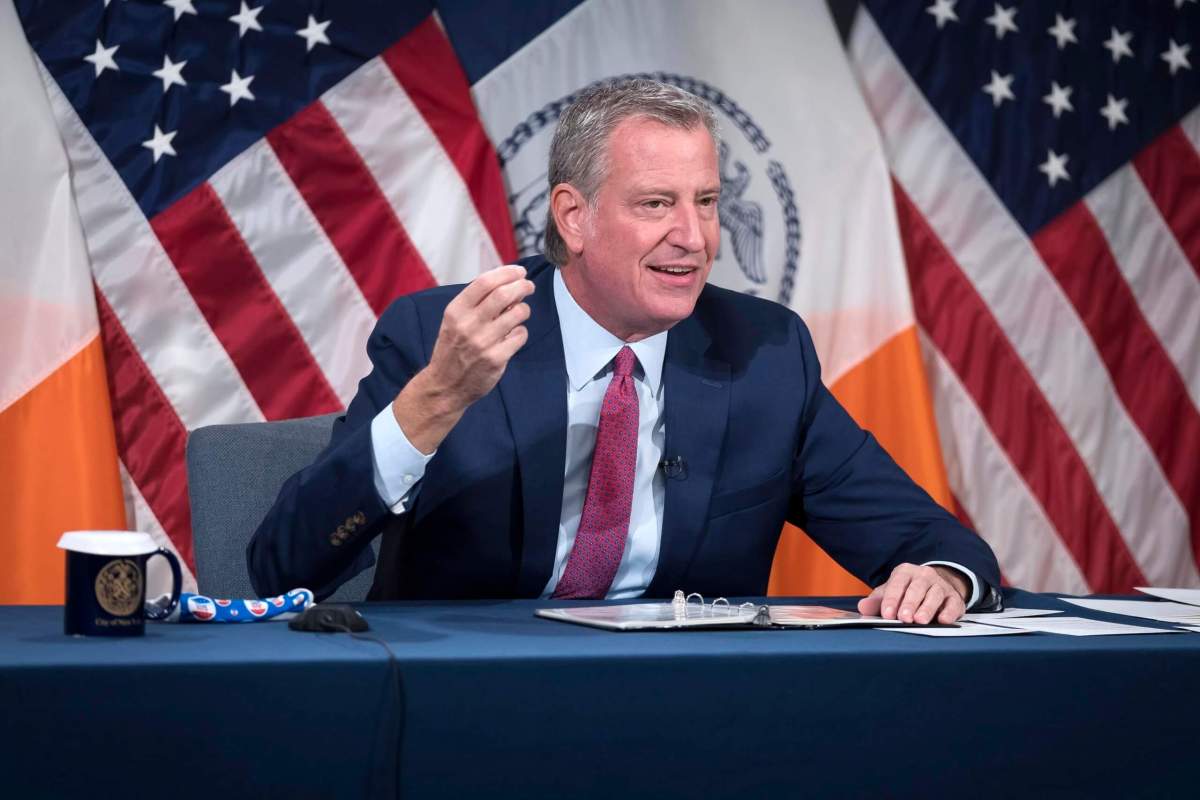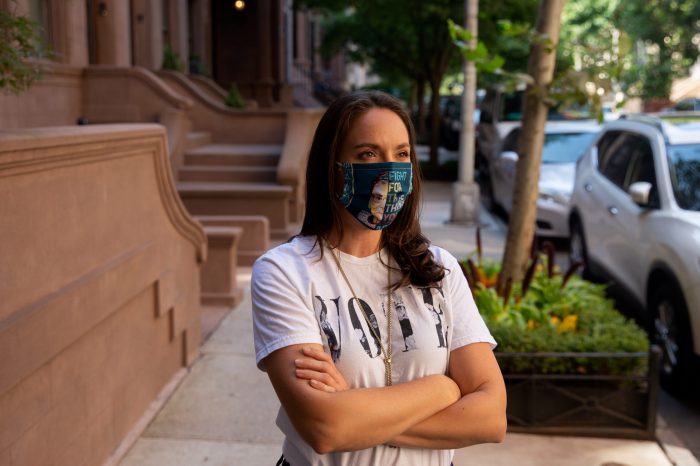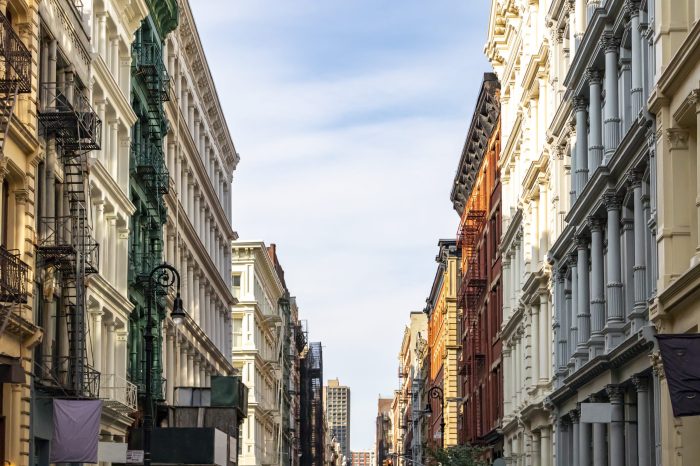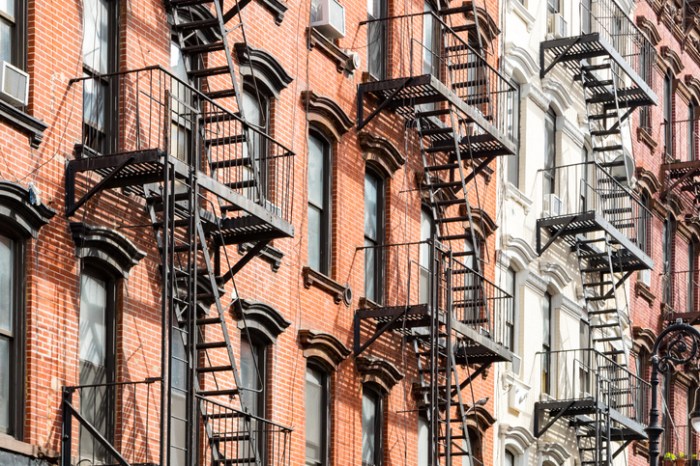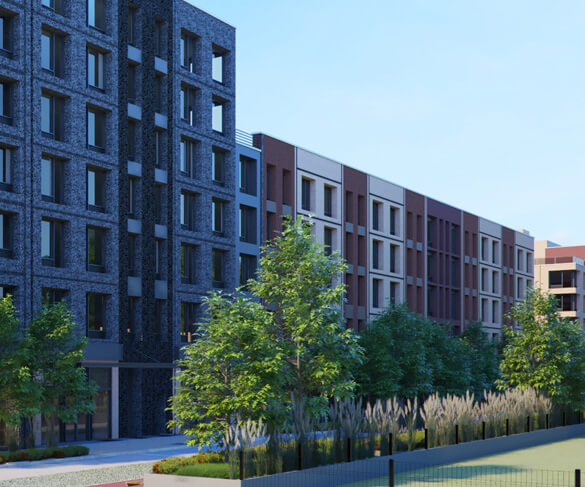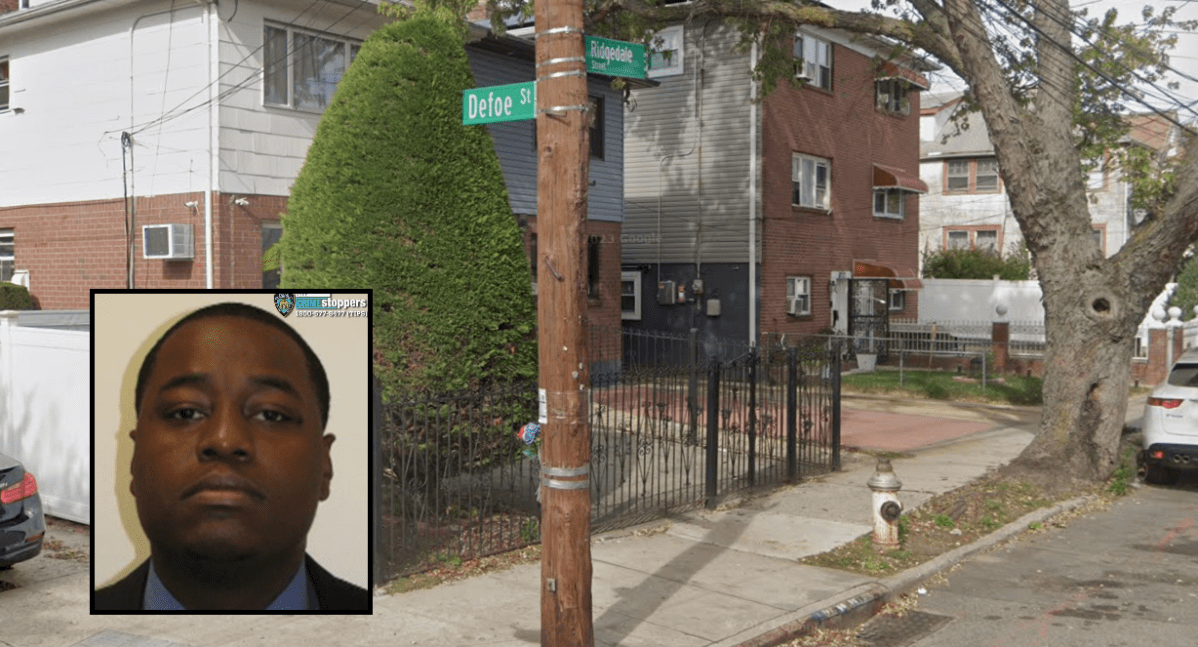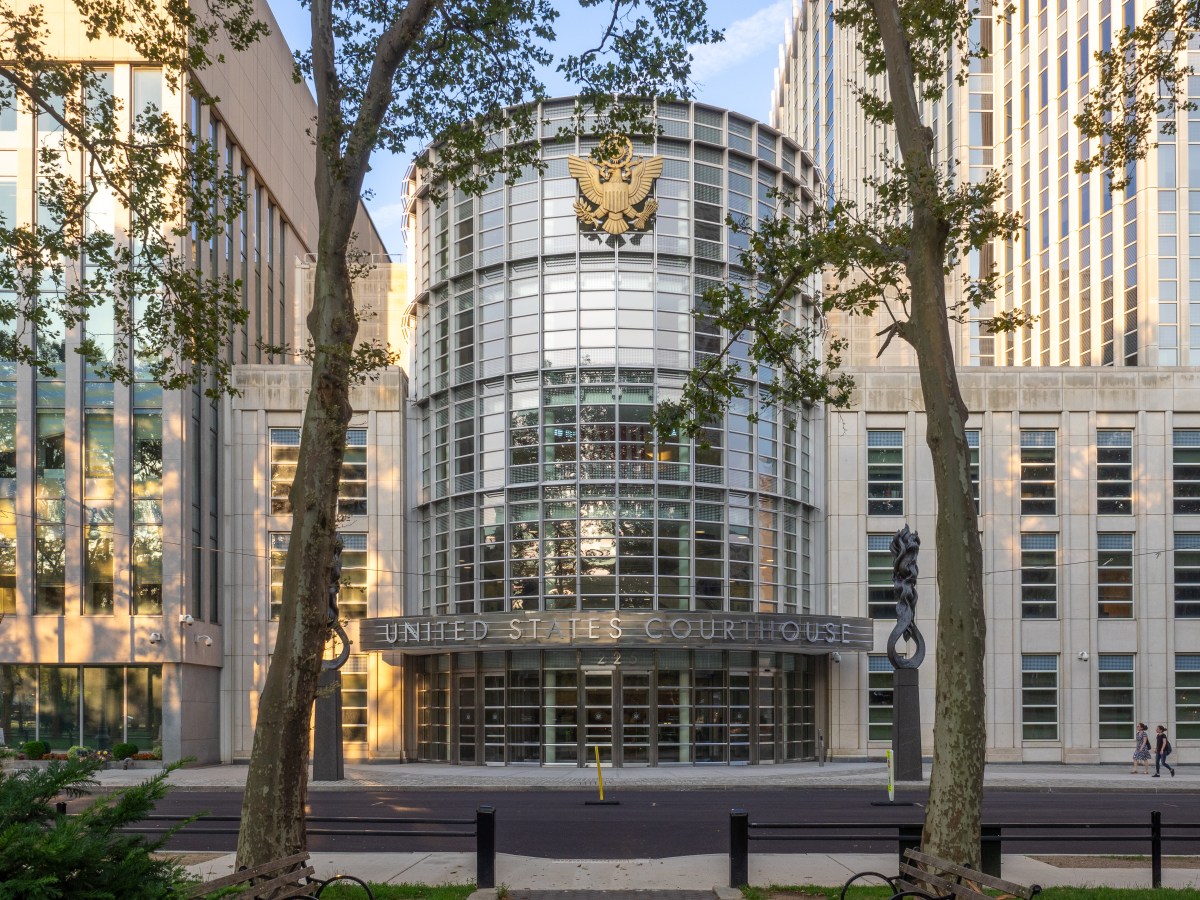With about two weeks left in his tenure, Mayor Bill de Blasio seemed to move into his reflective phase Monday, taking a victory lap for his administration’s efforts to combat poverty during his eight years in office.
New York faced “intense” inequity when de Blasio, who campaigned on ending “a tale of two cities,” took office in 2014. At his Dec. 13 briefing, the mayor said his administration made strides to alleviate the economic and social disparities, but there remains work to be done.
“Some of the things we put in place have made some real impact,” de Blasio said. “After eight years, we can uplift working people; we can fight inequality at its core and make real change. There’s more to be done, but it works.”
In 2015, de Blasio set a goal to move 800,000 New Yorkers out of poverty in 10 years. By the end of 2019, the mayor said Monday, the city had moved 521,000 New Yorkers out of poverty.
De Blasio noted that much of the success in his administration was possible through federal cooperation.
“The progress was across the board, across ages, across races,” de Blasio said. “We believe this will continue, even after the horrible disruption of COVID, the positive trend will continue because of the child tax credit and stimulus payments.”
The Independent Budget Office reported that the bottom half of income distribution — making between $4,400 and $37,800 — saw their income grow between 2014 and 2019. Deputy Mayor Phil Thompson commended the city’s efforts, noting that the poverty rate in that time declined by nearly 13 percent.
“At the same time, low-income black workers saw their wages rise by 15 percent and low-income LatinX workers saw their wages rise by 24 percent,” Thompson said. “This wasn’t because poverty was decreasing across the nation, the opposite is true. Poverty has risen across the country. Poverty is decreasing because of the single-minded focus of the mayor and the administration across all agencies to help people in need.”
Thompson and de Blasio mentioned that New York City was able to secure the $15 minimum wage, Pre-K for all, summer youth jobs, paid sick and family leave and more affordable housing, which contributed to lowering the poverty level.
James Parrott, the director of economic and fiscal policies at the Center for New York City Affairs, observed that de Blasio’s policies created “tangible benefits” in reducing inequality.
“The degree of improvement in wages and incomes for the bottom half of the income distribution is larger than any period since the 1960s,” Parrott said.



